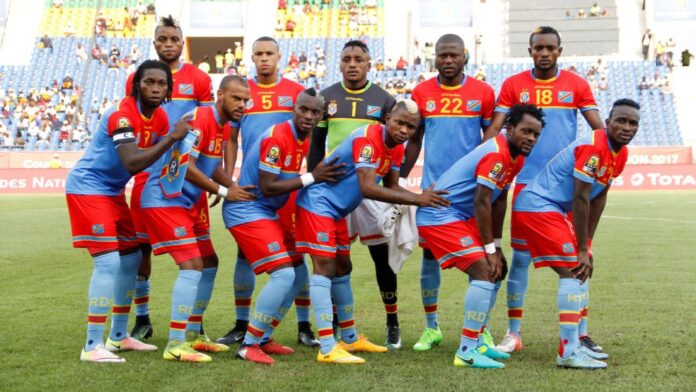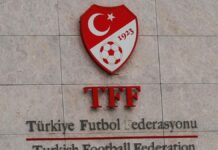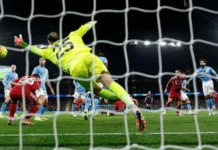FIFA has announced the suspension of both the Congo Republic’s football association (FECOFOOT) and the Pakistan Football Federation (PFF) from international competitions.
The decision, disclosed on Thursday, stems from serious breaches of FIFA’s statutes regarding third-party interference and constitutional irregularities, ultimately highlighting ongoing challenges within these football federations.
Congo’s Governance Crisis
FECOFOOT’s suspension is primarily linked to external interference that has compromised its operational autonomy. FIFA clarified that the decision came after consultations with the Confederation of African Football (CAF), following two missions to Brazzaville to evaluate the situation. For FECOFOOT to regain its standing, FIFA has outlined specific conditions, including the restoration of full control over its headquarters and associated facilities. This is a stark reminder of the ongoing struggles many national federations face when it comes to maintaining independence from political or external influences.
The message from FIFA is clear: governance structures must be adhered to, and any deviation will result in penalties that affect not only the organization but also the athletes who represent the country in international competitions.
Pakistan’s Ongoing Struggles
Similarly, the PFF has found itself in hot water once again, having been previously suspended in 2017 and 2021 for similar violations related to third-party interference. Despite having their last ban lifted in June 2022, the PFF now confronts renewed scrutiny due to its failure to revise its constitution—a prerequisite for conducting fair and democratic elections.
FIFA has asserted that the suspension will remain in effect until the PFF Congress can approve a constitution that meets international standards as proposed by FIFA and the Asian Football Confederation (AFC). Haroon Malik, chairman of the PFF Normalisation Committee, lamented the resistance from newly elected Congress members to align with FIFA’s proposals, indicating substantial governance hurdles that the federation must overcome.
Malik remains hopeful, asserting that all electoral processes have been completed and that the elected members will be tasked with steering the federation towards compliance and stability.
The Bigger Picture
This situation is part of a wider trend as FIFA emphasizes robust governance and transparency within football organizations globally. Teams and fans alike must now grapple with the repercussions of these suspensions, which not only hinder national teams’ participation in international events but also reflect deeper issues of governance in sport.
For the Congo Republic and Pakistan, the path to reinstatement is clear: return to the fundamentals of fair and independent operational practices. As the football world watches closely, the need for accountable and transparent management within federations has never been more critical. In an era where sports serve as a bridge between cultures and nations, the integrity of football associations must remain intact for the beautiful game to flourish.


















